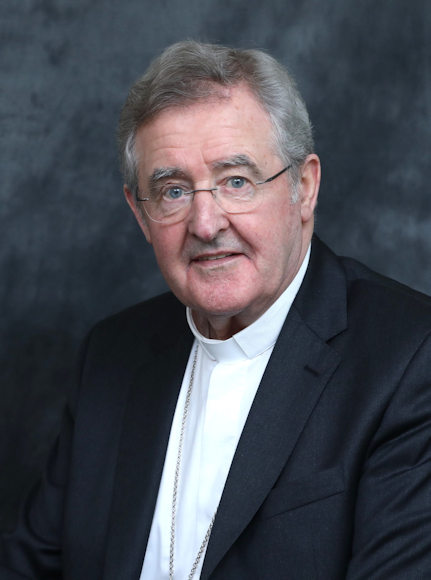25th Sunday B
Cobh
22 September 2024
My friends,
“Where do these wars and battles between yourselves first start? Isn’t it precisely in the desires fighting inside your own selves? You want something and haven’t got it; so you are prepared to kill”
(Letter of St. James)
These are key questions put to us across the centuries. Questions that seem so apt and necessary for us as we, the world, are witnessing the eruption of regional conflicts that are threatening to become global in scale.
These military conflicts in Ukraine, the Middle East and Sudan seem to reflect another level of conflict and division that has taken root in so many countries – a creeping resentment and frustration that threatens peace. Democracy is set aside in favour of authoritarian rule and governance.
Since the end of World War II a great many institutions were established, starting with the United Nations (U.N), to create a permanent and ongoing dialogue between the nations to ensure that nations in conflict would have a forum to talk to each other about their differences before a conflict turns to war. It has had mixed results. Mostly because the deep roots and bonds of nationhood and belief keep coming back to the surface – Christian Catholic and Protestant, Islam and Judaism, Communism and Democracy, Sunni and Shiite Muslims, Orthodox and Secular Judaism.
What this might lead us to conclude is that war and conflict is a permanent companion for humanity in every way. Yet history can tell of extraordinary agreements that have led to peace and reconciliation. Where that happens it is down to the intentions and aspirations of peacemakers.
“Wherever you find jealously and ambition, you find disharmony and wicked things of every kind being done.
Whereas the wisdom that comes down from above is essentially something pure; it also makes for peace.”
(Letter of St. James)
To be a peacemaker calls for strength of character, great fortitude and patience, generosity of spirit and sacrifice in the interest of the greater good. The way, the pathway to peace is by way of justice.
Whenever people are treated unjustly, great hurt and anger takes root. That’s why some conflicts go on for a long time until efforts are made to address the underlying cause of humiliation, hunger, deprivation and the loss of dignity and hope.
In so many nations today we see the emergence of the so - called ‘Far Right’ – that movement is marked by a strong sense of injustice, exclusion, humiliation and desperation.
In this creeping turmoil our own sense of calm and peace are at risk. Personally, we need to guard against jealousy and resentment. These are like a pernicious ivy that can constrict the sense of generosity and care that gives us so much in return.
So, seek to hear anew the Lord’s example of the child as a model for the reign of God. Others may accuse us of naivety, but we know that goodness and truth are what endure.
May the Lord strengthen us to remain faithful.

